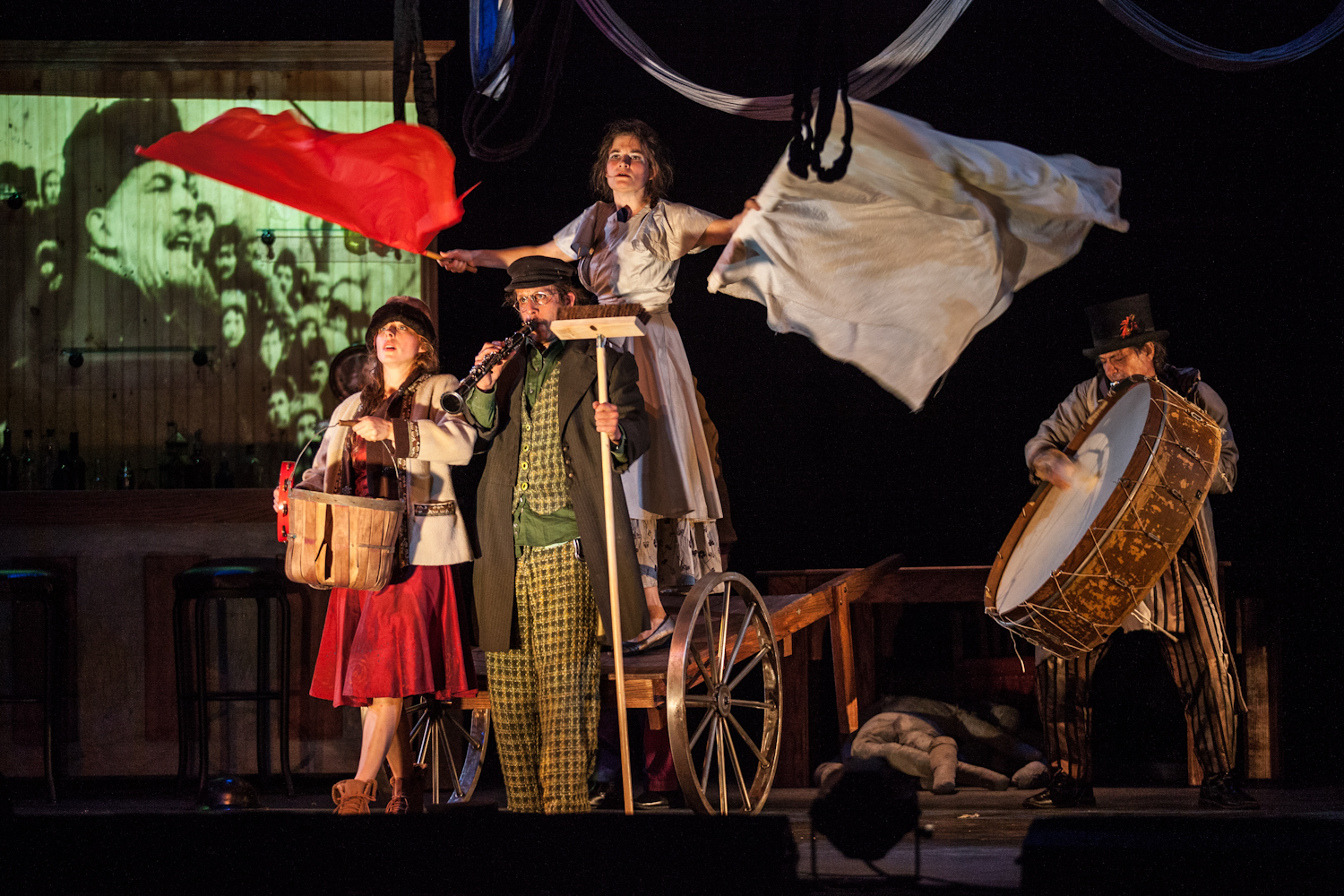Share This:
April 16, 2015 | Notes From Leadership,
The Complications of Producing History
I’m thinking a lot about history these days, mostly because I don’t know what to think about it. What on earth are we to do with history? How do we integrate it? How do we respect our shared past without becoming trapped by it? How do we respect another’s past when it was not part of our history? What, even, is history? And how much responsibility do I have to represent, tell, correct or even acknowledge history in my art and in my life?
Recently a colleague of ours was fired as the Artistic Director of Theater J in Washington, DC because he was pushing the boundaries of what could and couldn’t be said about a particular part of our planet’s history. Or maybe better put: he was questioning our present and how it came to be our present, which inevitably led to heated wrestling over history. This was particularly true because the part of the present he was most focused on was the situation in the Middle East. His insistence on programming a Voices of the Middle East Festival, which featured multiple versions of the present and how we have arrived at it was, to some in positions of authority in the DCJCC, unacceptably ambivalent in its stance on whose history matters.
We’re working on a couple of projects here at ArtsEmerson that are swimming in the same choppy seas. There’s one about the book Common Ground, which some consider to be the history of Boston’s busing crisis. Others consider it to be some¬thing much more subjective, and are trying to create a place for their own narrative in that history. It’s a tense and nervous collaboration as we negotiate what is and isn’t going to be part of the story we tell.
Another project, from the international company Global Arts Corps, is a piece being devised by artists from different sides of “The Troubles” in Northern Ireland—or is it “the North of Ireland”? And is calling this moment in history “The Troubles” already taking a side? In this piece there is a remarkable monologue where a woman works backwards from the present through all the preceding conflicts; the list is so long she falls asleep reciting it. The central question in Global Arts Corps’ plays, which all deal with such challenging conflicts, is “How can we reconcile our past to survive our future?”
So these pieces coupled together in this playbill are two additional contributions to this conundrum. Grand Parade is Double Edge’s response to the history of the 20th century. It is not the history, or a referendum on what’s important. It’s what compelled Double Edge as artists, offered as a provocation to a conversation about what’s important in your history. Ulysses on Bottles is not even a history play in any sense of the word. But you can’t talk about the present in Gaza without history getting all up in the mix.
Where does talking about history take us? And what will we do with it when we arrive there?





Leave a Reply